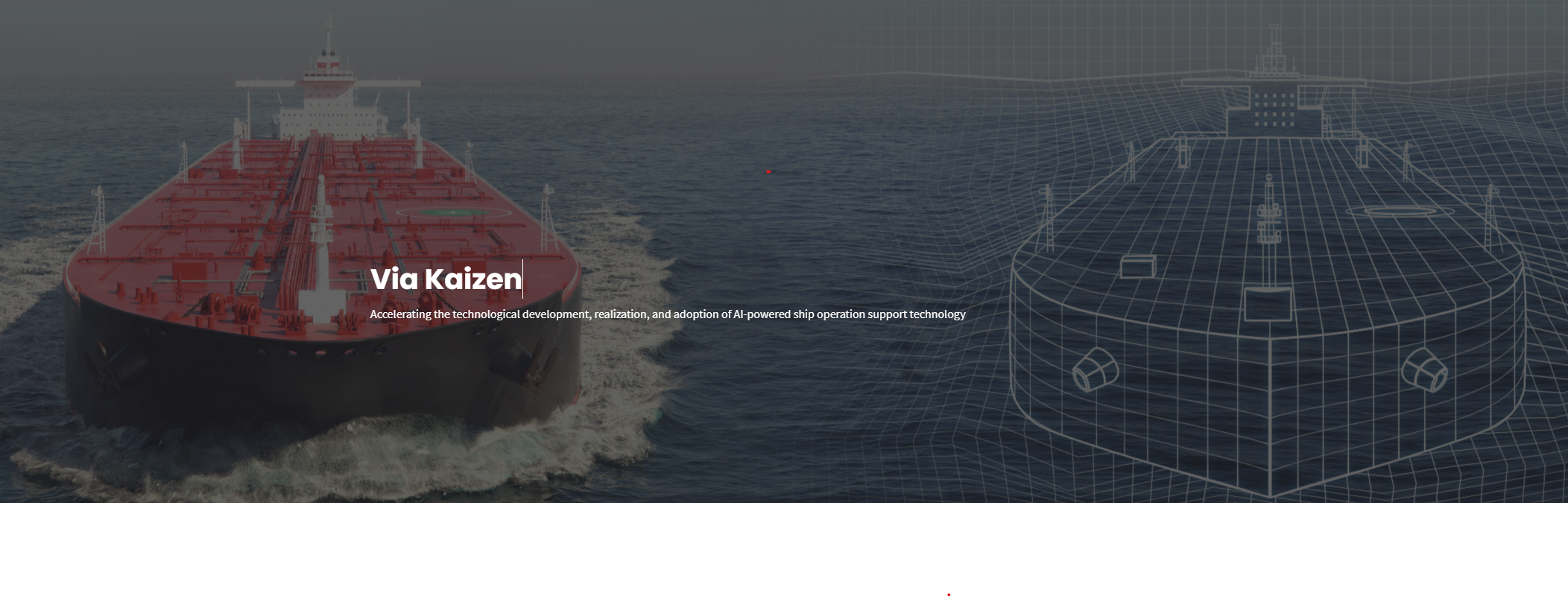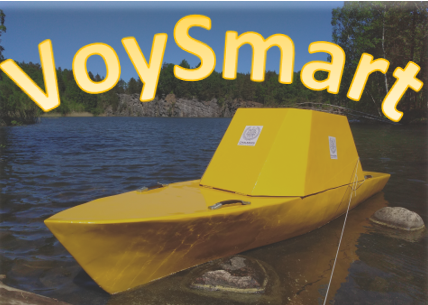Trafikverket - VIA Kaizen#
This project is funded by Swedish Transport Administration –Via Kaizen 2020-2022

How do you realize the most energy-efficient ship trip in practice?
Project background#
The ongoing digitialization of society is changing requirements for how shipping is being organised. An increased amount of data and information implies a lot of possibilities but also many difficulties. The ability of humans to see patterns in large data sets is constrained. Rather, organisations and humans tent to choose what is good enough rather than what is optimal. Earlier research on shipping has shown that making large information sets available related to energy does not automatically lead to optimisation of energy use, because interpretation and understanding of the data poses a lot of demands on the land organisation and ship crew.
Articifical Intelligence (AI) and machine learning comes with great possibilities to revolutionise decision-making and planning in shipping. By training neural networks with large data sets about the factors that affects energy effciency for a ship, optimal operational modes may be identified in real time. Such an aid would be of great use for planning ashore as well as decision-making onboard. AI is relatively new in shipping and has to little extent been explored in relation to energy efficiency. Research on how AI can be used in practice to support ship energy efficiency is of great importance.
Project objective#
This project concerns R&D to develop, implement and evaluate (qualitative and quantitative effects) of an AI-based, semi-autonomous planning and control system for increased energy efficiency in ship operations. The project integrates technical and social sciences, and revolves around three case studies where three different shipping companies who have already implemented a control system onboard, called FuelOpt. This system has already improved energy efficiency by controlling propeller and machine interaction. Interventions are planned at these shipping companies, where ship masters as well as the chartering departments are given a new tool to plan and execute voyages in an energy efficient manner. By analysing existing work practices and user needs this new technology can be developed so that it supports actual processes and decisions with greatest impact on energy efficiency. In this way, we have completed the process so that the most energy efficient voyage can actually be realised in practice.
Our tasks at Chalmers#
Research on various method to predict a ship’s fuel consumption and ETA
Investigate possible EEMs from dynamic performance models
